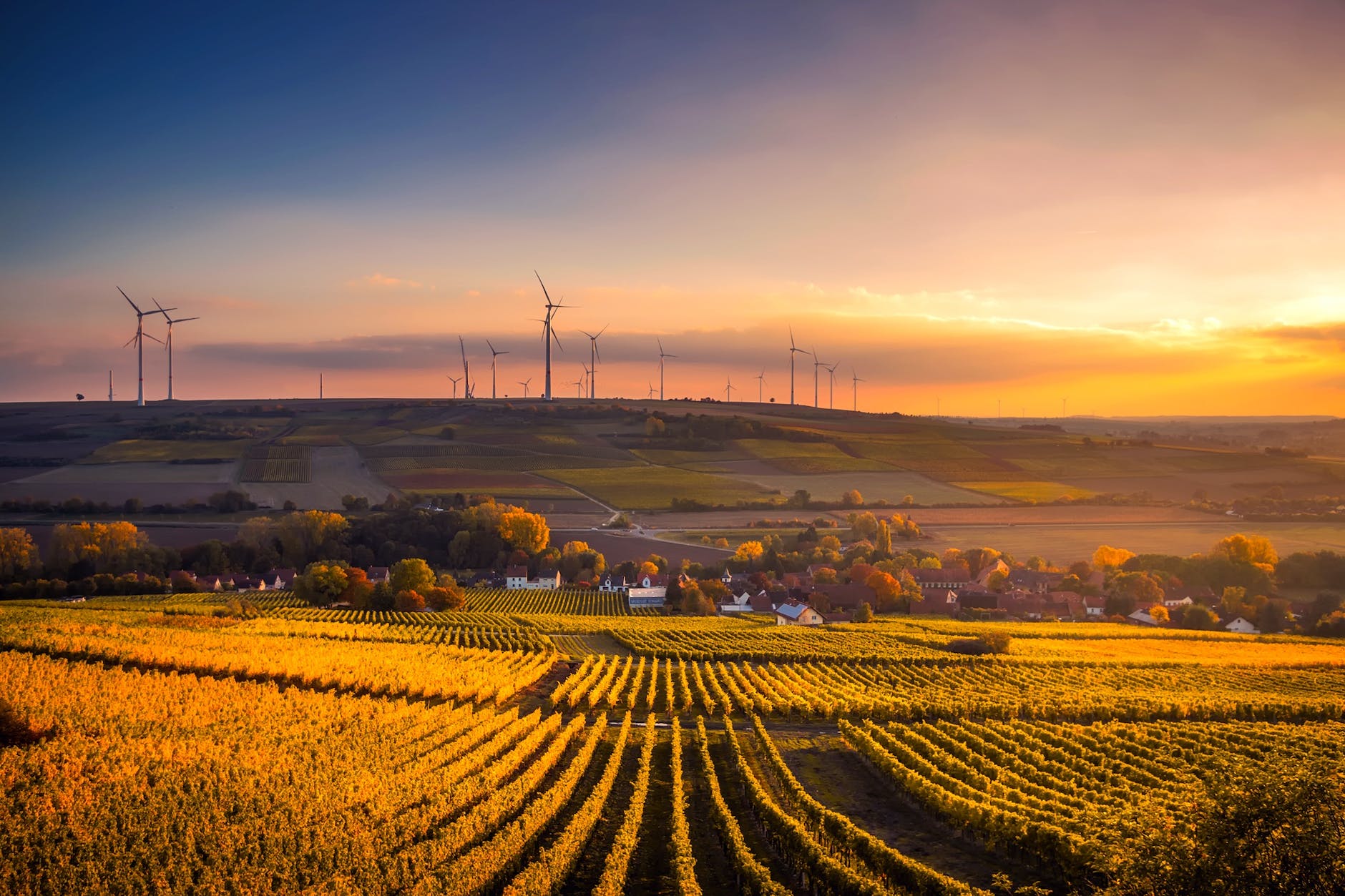Global warming is a pressing issue that demands our attention. It refers to the long-term increase in Earth’s average surface temperature due to human activities, primarily the burning of fossil fuels and deforestation. The consequences of global warming are far-reaching and impact various aspects of our lives, including the environment, economy, and human health. Understanding why we need to address this issue is crucial, as is implementing sustainable measures to resolve it.
Firstly, global warming contributes to climate change, leading to extreme weather events such as hurricanes, droughts, heatwaves, and heavy rainfall. These events result in property damage, loss of lives, and displacement of communities. Rising sea levels pose a significant threat to coastal areas, increasing the risk of flooding and coastal erosion. By addressing global warming, we can mitigate these risks and protect vulnerable communities from the devastating impacts of climate change.
Secondly, global warming disrupts ecosystems and biodiversity. It causes shifts in habitats and threatens the survival of many plant and animal species. Loss of biodiversity can disrupt essential ecosystem services, such as pollination, nutrient cycling, and natural pest control, which are vital for agriculture and food production. By taking measures to combat global warming, we can preserve biodiversity and ensure the stability and resilience of ecosystems.
Moreover, global warming has implications for public health. It can lead to the spread of infectious diseases, as changing climate patterns create favorable conditions for disease vectors like mosquitoes. Heatwaves and increased air pollution associated with global warming also contribute to respiratory and cardiovascular illnesses. By addressing global warming, we can safeguard public health and create a safer and healthier environment for everyone.
To resolve global warming, sustainable measures are crucial. Here are some key actions that can make a significant impact:
- Transition to clean and renewable energy sources: We should shift away from fossil fuels and embrace renewable energy sources like solar, wind, and hydropower. Investing in research and development of clean energy technologies is essential for their widespread adoption.
- Energy efficiency and conservation: Promoting energy-efficient practices in industries, buildings, and transportation can significantly reduce greenhouse gas emissions. This includes using energy-efficient appliances, adopting green building designs, and encouraging public transportation and cycling.
- Forest conservation and reforestation: Protecting existing forests and undertaking large-scale reforestation efforts can help capture carbon dioxide from the atmosphere and preserve biodiversity.
- Sustainable agriculture and land management: Implementing sustainable farming practices, such as organic farming and precision agriculture, can reduce greenhouse gas emissions and enhance soil health. Proper land management techniques, like avoiding deforestation and adopting sustainable land-use planning, are also crucial.
- Waste management and recycling: Reducing waste generation, promoting recycling, and adopting circular economy principles can help minimize greenhouse gas emissions from landfills and industrial processes.
- Education and awareness: Creating awareness about the impacts of global warming and promoting environmentally conscious behaviors among individuals and communities is vital for sustainable change. Education plays a key role in fostering a mindset of environmental stewardship.
- International cooperation: Addressing global warming requires collaboration among nations. International agreements, such as the Paris Agreement, provide a framework for countries to work together and set targets for reducing greenhouse gas emissions.
By embracing these sustainable measures, we can mitigate global warming and build a more sustainable and resilient future. It requires collective efforts, individual actions, and policy changes to ensure a healthier planet for present and future generations. Let us take the necessary steps today to secure a better tomorrow.



